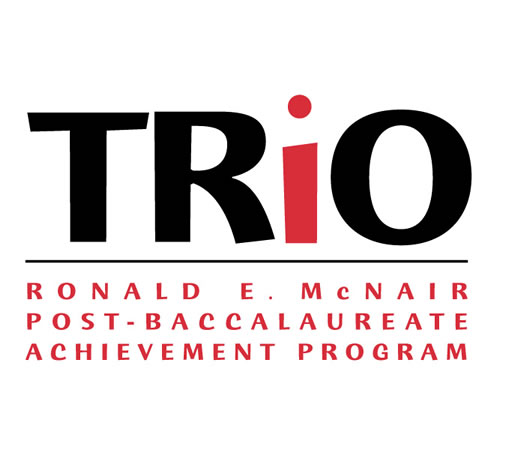Funder
Ronald E. McNair Scholars Summer Research Institute; Center for Academic Enrichment and Outreach
Document Type
Poster
Publication Date
9-21-2018
Publisher
University of Nevada, Las Vegas; Center for Academic Enrichment and Outreach
Publisher Location
Las Vegas (Nev.)
Abstract
The rise of antibiotic-resistant bacteria has increased interest in bacteriophages (viruses that kill bacteria) in recent years. Due to the decreasing cost of genome sequencing, the number of sequenced phage genomes is growing at a geometric rate. Sequencing is followed by annotation, in which genes, start codons, and putative protein functions are identified. Most phage genomes are auto-annotated with programs designed for prokaryotes. Accuracy metrics for these programs with regard to phage genomes are not available. The genome of Escherichia coli phage Lambda was used to benchmark the accuracy of several genome annotation methods and programs. Discovered in 1951, Lambda is the most well studied phage, with nearly all gene functions and start sites demonstrated experimentally. Eight programs were used to annotate the Lambda genome: Glimmer, BASys, RAST, GeneMark, GeneMark.hmm, GeneMarkS, GeneMarkS2, and GeneMark with Heuristic models. Calls were compared to the reference genome from the literature in order to determine the accuracy of the eight selected programs in regard to bacteriophage genome annotation. Manual curation and compilation of auto-annotation results obtained from several programs is expected to yield more accurate gene feature and start codon prediction than auto-annotation alone.
Keywords
Bacteriophage; Genome annotation; GeneMark; RAST; BASys; Lambda; Phage; Phage genomics
Disciplines
Biology
File Format
File Size
803 KB
Language
English
Rights
IN COPYRIGHT. For more information about this rights statement, please visit http://rightsstatements.org/vocab/InC/1.0/
Repository Citation
Salisbury, A.,
Tsourkas, P.
(2018).
Comparison of Bacteriophage Annotation Methods.
Available at:
https://oasis.library.unlv.edu/mcnair_posters/97
